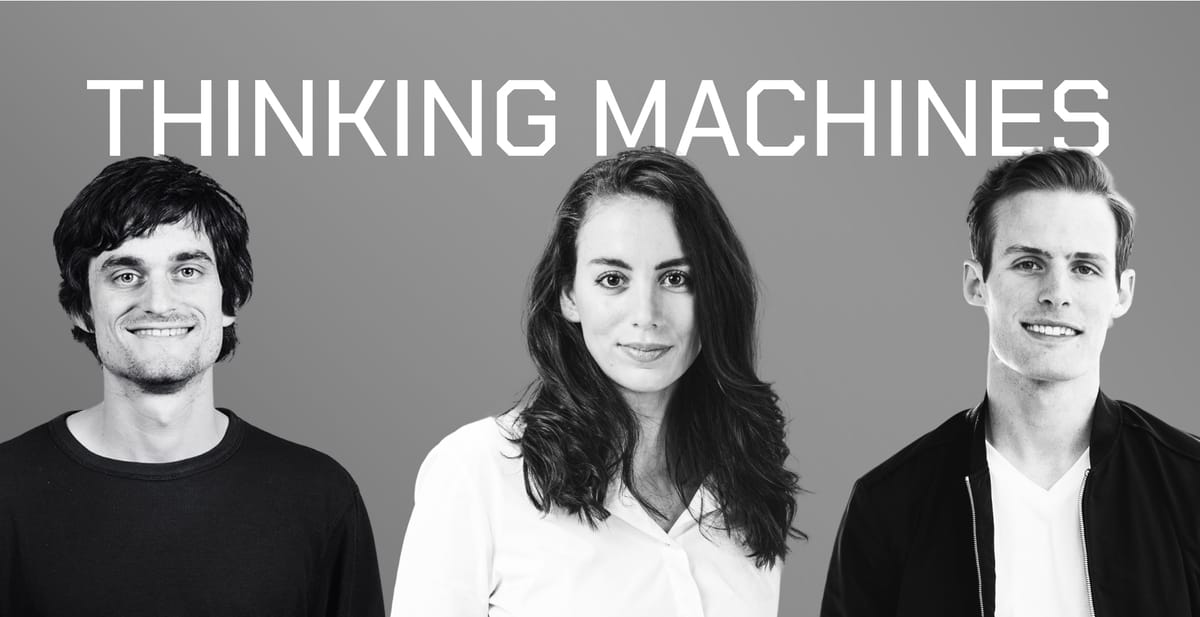
After her surprise departure from her role as OpenAI's CTO last September, Mira Murati has now officially unveiled her next venture: Thinking Machines Lab. The startup is setting out to bridge key gaps in AI by making systems more customizable, transparent, and capable of real-world collaboration with humans.
Key Points:
- Thinking Machines Lab aims to personalize AI systems and advance foundational research.
- The company is prioritizing open science, transparency, and AI systems that collaborate with humans rather than fully autonomous models.
- Murati has recruited a team of over 30 experts, including ex-OpenAI leaders John Schulman and Barrett Zoph.
- While product details remain unclear, the company plans to release technical research and code publicly.
In a short time, Murati has assembled a formidable team, including OpenAI co-founder John Schulman, who will serve as Chief Scientist, and Barrett Zoph, another former OpenAI leader, as the CTO. Other recruits include engineers and researchers from OpenAI, Meta, Google DeepMind, and Character.AI—many of whom have worked on major AI projects like ChatGPT, PyTorch, and the Segment Anything model.
I started Thinking Machines Lab alongside a remarkable team of scientists, engineers, and builders. We're building three things:
— Mira Murati (@miramurati) February 18, 2025
- Helping people adapt AI systems to work for their specific needs
- Developing strong foundations to build more capable AI systems
- Fostering a…
Thinking Machines Lab is positioning itself as an AI company that prioritizes human collaboration over full automation. According to the company, existing AI models are often rigid and difficult to customize for specific user needs. Murati’s team wants to change that by developing AI that adapts to different domains and expertise levels.
In addition, the company is emphasizing open science, a notable contrast to OpenAI’s recent shift toward more closed development. The startup plans to frequently publish technical blog posts, research papers, and code, in an effort to advance the broader AI community’s understanding of frontier models.
In its approach to AI safety, they are advocating for an empirical and iterative methodology, combining proactive research with careful real-world testing. This includes maintaining high safety standards while maximizing user freedom, sharing best practices with the industry, and accelerating external research on AI alignment through open access to code, datasets, and model specifications.
While specific products remain under wraps, the company's focus on multimodal capabilities and infrastructure quality suggests ambitious plans to develop AI systems that can handle more complex and varied forms of communication and interaction. The emphasis on measuring real-world value rather than just optimizing existing metrics indicates a thoughtful approach to AI development that could influence the broader industry's direction.
Though Murati hasn’t revealed specifics about the company’s AI models or products, the startup’s focus on fundamental AI research and multimodal capabilities suggests it could become a significant competitor to OpenAI and DeepMind.
Murati’s departure from OpenAI last year was abrupt, and her return with a competing AI startup raises questions about the future of top AI talent. With some of OpenAI’s brightest minds now working with her, Thinking Machines Lab could emerge as a serious player in the AI race.

